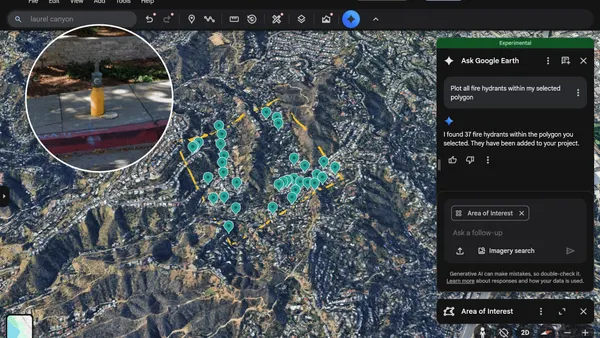Dive Brief:
- Mayors and representatives of 16 global cities have signed a pledge to align tourism policies with sustainable development goals and ensure that booming tourism does not disrupt residents’ lives. The pledge was finalized at a forum in Lisbon co-organized by the U.N. World Tourism Organization (UNWTO).
- The pledge calls on cities and private partners to explore how tools like big data and creative business models can be used to “make tourism a true contributor to the development of inclusive, resilient and sustainable cities.” That includes more evidence-based decisions and planning around issues like housing, mobility and resource management.
- Although tourism is a major revenue generator for cities, participants said the influx of visitors could also put a strain on infrastructure, divert housing into short-term rentals and create tension with long-term residents.
Dive Insight:
A UNWTO report that studied 18 popular tourist cities found "overtourism," or when tourism outpaces a city’s capacity, creates plenty of problems for cities, including a loss of "place" authenticity. Congestion is also a problem, with tourists crammed in certain locations or arriving at certain times, which the group found is commonly a localized problem rather than a citywide one.
As a result, UNWTO found, "the most common measures currently being implemented by destinations relate to the dispersal of visitors within the city and beyond." That kind of effort can be aided by rental services like Airbnb that have made it more affordable to stay in neighborhoods rather than hotels. NYC & Company chief marketer Nancy Mammana told Marketing Dive the city’s official tourism board is even “trying to get people to explore the neighborhoods and the boroughs and travel like a local.” On the flip side, short-term rentals have warped some housing markets, pricing out long-time residents.
Still, there is no easy solution to the congestion issues, and the officials at the Lisbon summit said it was important to address overtourism holistically as part of a broader smart city strategy. The pledge calls for local communities to be integrated into the tourism supply chain, to ensure that tourists give back to locals. Tools such as big data can be used to help adapt housing and transportation capacity and promote sustainability, in ways that both benefit tourists and residents. That can help target smart investments — like increased infrastructure — in ways that both grow the city’s economy through tourism and improve the lives of residents.
Such “integrated urban policies,” UNWTO Secretary-General Zurab Pololikashvili said at the event, can “promote a well-balanced city economically, socially and environmentally.”








